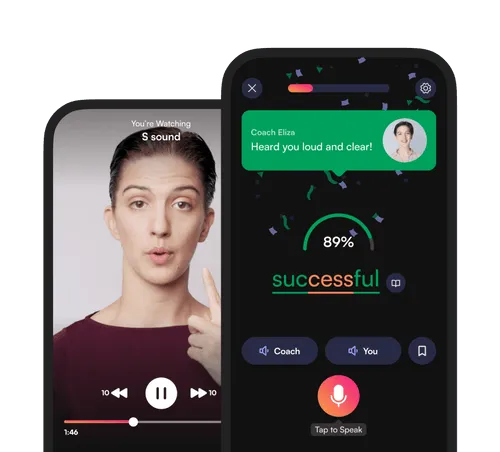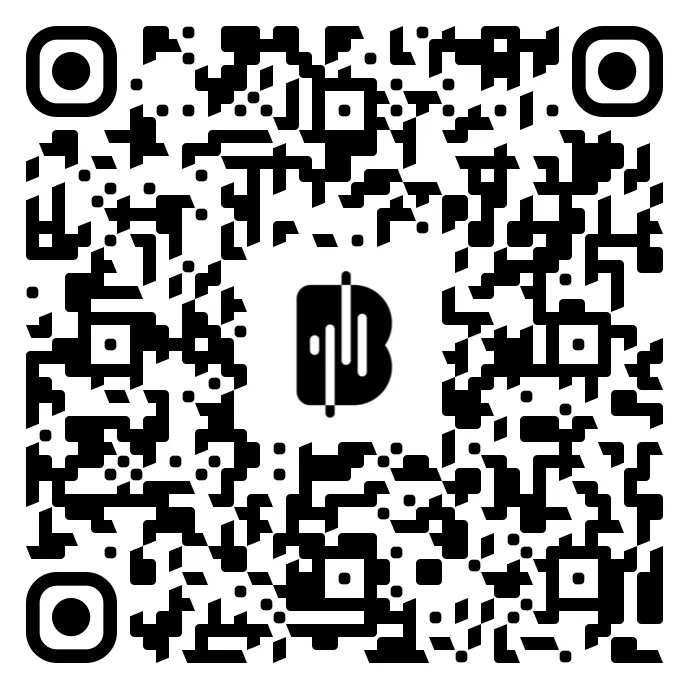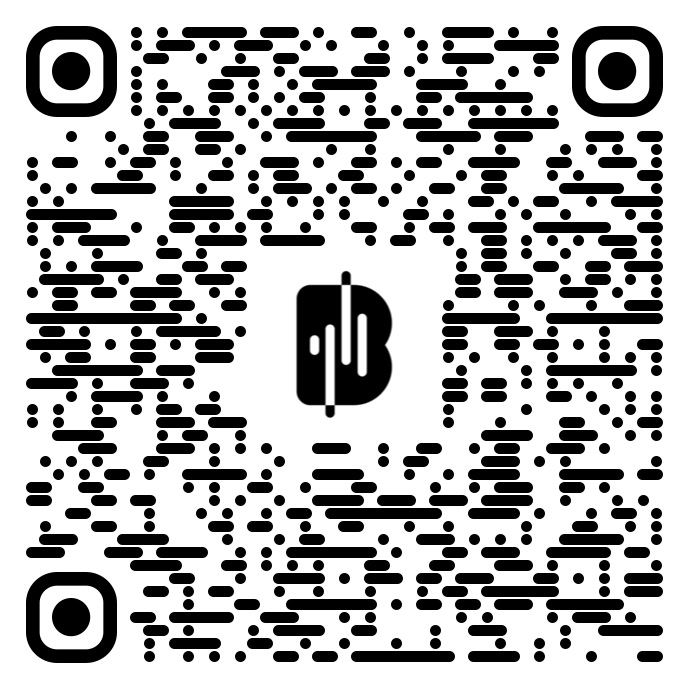"Before we finish, do you have any questions for us?"
This is how virtually every job interview in America ends, and if you're looking to make a positive, lasting impact on your interviewers, the questions you ask here are essential.
Asking thoughtful and relevant questions at the end of an interview achieves three things: it showcases your preparedness, it allows you to highlight certain aspects about yourself (whether that's intelligence, communication skills, dedication, or so on), and it gives you a chance to gain important information about the role and company.
There are many meaningful questions to ask at the end of an interview. But first, let’s establish strategies to help you confidently tackle this final part of the interview to leave a lasting impression.
Strategies for End-of-Interview Questions
Ask Questions That Truly Matter to You
When asking questions in an interview, focus on what truly matters to you. Think about questions that border around growth opportunities, work-life balance, how the team works together, or the company’s values.
These questions reflect a genuine interest in the role and the company's future. Plus, this question section of the interview isn't a facade—it's a real opportunity for you to discover things about your potential future employer to see if it's a good fit.
Practice Refining Your Speech
Before your interview, practice challenging words or phrases that might affect how you express yourself. This will help you communicate clearly and confidently and portray you as competent.
Language and accent apps like BoldVoice can help you perfect your pronunciation and speaking skills. On BoldVoice you can role play conversations using custom interview questions, helping you to work out any pronunciation challenges ahead of time.
Take your free accent assessment Get to know your pronunciation level and get 7 days of lessons for free on the BoldVoice app.
Start Free Trial
Build on the Interviewer's Points
As the conversation progresses, you can pick up on what your interviewer says and expand them into questions to ask at the end of an interview.
For example, if they mention a challenge the team is facing, follow up with questions or comments that show your understanding and how you might contribute to solving those pain points.
Demonstrate Your Knowledge of the Industry
You want to show that you know your game and are interested in the role and industry. Ask questions that demonstrate your awareness and curiosity about the bigger picture.
In the IT profession , for example, instead of asking, "How is the firm doing overall?" you may ask, "How is this firm tackling the ongoing challenge of cyber insecurity?"
Now that you have a solid strategy for approaching interview questions, let’s explore 15 unique interview questions to ask employer.
1. "Can you tell me more about the team I’d be working with?" This question is about understanding your role and getting a sense of the people you’ll be working with, should you get the job. Are they a close-knit team or more independent? How do they celebrate successes and handle challenges?
Although the American work culture generally encourages collaboration and teamwork, you want to be certain whether the company would rather independent work.
Asking this question is particularly important because it shows that you care about the human side of the job, not just the tasks at hand. It also signals that you’re eager to fit in with the team dynamics and build strong relationships with your new colleagues.
2. "What are the most immediate challenges the team is facing?" In U.S. workplace culture, how you handle challenges that spring up is very important. So, employees are often expected to be proactive in identifying and tackling problems, especially recurring ones.
Asking this question at the end of an interview shows that you take initiative and that you're dedicated to providing value. Everybody loves a problem solver!
3. "How does the company support professional development and continuous learning?" Many U.S. employers highly value employees who are eager to learn and advance career-wise. Asking about development opportunities shows that you are proactive about enhancing your skills and moving forward in your job.
Most times, companies provide various support, such as training programs, financial assistance for education, and clear pathways for promotion. It's a good sign if the company prioritizes personal and professional growth.
Remember—an interview is also an opportunity for you to discover whether or not you want to work for a particular company. It's a two-way street!
4. "How does the company handle communication and feedback?" This question helps you gauge the company's communication style, which is vital for your integration and success in the role.
Understanding how feedback is given—whether through formal reviews, regular check-ins, or more casual conversations —can provide insight into the company’s management style and help you align with their expectations.
This shows that you value open communication and are eager to engage in a constructive working environment.
5. "How do you define success for this role?" If you want to learn more about what the company expects from the ideal employee, then this is one of the thoughtful questions to ask at the end of an interview.
Imagine you’ve just started the job; how will you know if you’re doing well? The definition of workplace success can vary significantly from industry to industry, company to company, and even within different teams in the same company. Asking this question shows that you're eager to succeed.
Understanding what the company considers important for success also helps you align your work with their priorities. This way, you can make a positive impact immediately and show that you’re committed to contributing effectively.
6. "How would you describe the company culture?" Think of this question as a way to peek behind the curtain of the company’s work environment. It’s like asking, "What’s the vibe here?"
When you understand the company’s culture, you can determine if it matches your personal values and work style.
For example, general American work environments are usually semi-formal, unless they indicate otherwise. However, you can ask this question in any interview, especially if the company hasn’t made its culture clear or if you’re unsure whether the environment is formal or casual.
7. "Is there anything about my background or qualifications that concerns you?" Of all the best questions to ask interviewer, this might be the boldest. If you’re seeking direct feedback on any concerns related to your background or qualifications, you can ask this question.
It gives you an opportunity to clarify if any aspect of your qualifications may not fully align with the company’s needs. From the interviewer’s response, you can tell whether they are impressed with your profile and conversation so far.
It’s important to approach the conversation with confidence, respect, and calmness, ensuring you don’t come across as arrogant or dismissive. Also, express your willingness to address any gaps and discuss how you can work towards aligning your qualifications with the company’s expectations.
Be aware that while some interviewers may respond positively to this question and it may give you a chance to leave a great final impression, it won't be well received across the board. Pay attention to the interviewer's tone, demeanor, body language , and general mood throughout the interview before deciding to go ahead with this question.
8. "Can you describe the typical career trajectory for someone in this position?" When you ask this question, you're looking to understand the long-term opportunities and growth potential within the company. It’s about getting a clear picture of how your career could evolve if you were to join the team.
Understanding how employees typically advance from this role, what kinds of promotions or lateral moves are available, and the general timeline for these opportunities in the typical career path is crucial.
This question also shows that you're thinking ahead and are serious about your future with the company. It signals your ambition and your desire for stability and growth, which are qualities many employers value.
Additionally, it can help you assess whether the company’s structure aligns with your career goals, ensuring that you're not just filling a position, but building a future. By asking this, you’re demonstrating a long-term commitment to your professional development within the organization.
9. "What are the key objectives you’d like to see achieved in the first six months?" Following in a similar vein to question number five, this question digs deeper into the specifics of the role and what success looks like in that context.
By asking about your key performance expectations after six months of working with the company, it shows you’re focused on achieving results and ready to contribute effectively from day one.
The answers you receive to this question will also provide clear information about what the company values most and its immediate priorities. From here, you can prepare to align your work with what they need so that you start on the right track.
10. "What is the company’s approach to remote work or flexible schedules?" Would you rather a full-time onsite role, remote work, or a bit of both in a hybrid style? If this is an important aspect of the job for you, and if it hasn't been addressed in the job description, this is a valid question to ask at the end of a job interview.
We'll say it again because it's worth repeating—the interview process is your chance to decide if you want to work with a particular company just as much as it's their chance to decide if they want to work with you.
This question will prevent you from investing time and energy in a company whose work schedule doesn't sit well with you. Bear in mind that in some cases, the company may be willing to negotiate so that both parties come to favorable terms.
11. "How do you create an inclusive environment that supports diverse backgrounds?" America is home to numerous races and ethnicities, and diversity and inclusion is integral to a functional and collaborative working environment. Companies, therefore, often place a strong emphasis on creating a culture where a wide range of perspectives are valued and respected.
That said, not every company takes the same approach. Asking insightful questions like this one can help you to determine a company's specific approach to inclusion and gauge how welcoming and supportive the workplace will be.
Just be sure to ask politely and kindly so as not to come across accusatorial. For tips on how to use stress and intonation to communicate intention when asking questions, check out this explanation from BoldVoice's Coach Eliza:
VIDEO
12. "How does the company ensure adherence to its core values across teams?" Your potential employer will likely want you to follow established policies and procedures to keep the workplace running smoothly. By implication, there may be penalties for failing to adhere to certain rules.
It is important to know how a company enforces its rules, handles discipline, and ensures accountability. It also reveals how they ensure that everyone meets expectations and follows equally set standards.
13. "Can you share more about the company’s approach to work-life balance?" Work-life balance can vary significantly between U.S. companies. Some roles may demand long hours with limited free time, while others offer more flexibility, including periodic breaks and ample downtime.
This is why you must make this one of the questions to ask at the end of an interview to make sure it's the right fit. The answers you receive will reveal the company’s schedule and help you decide whether the work environment contributes to a satisfying and sustainable work experience.
14. "Can you tell me about any recent company achievements or milestones?" This question shows that you’re interested in the company’s success and are keeping an eye on its recent developments. It also gives you a sense of the company’s direction and stability. It’s particularly useful if you’re joining a company that’s growing or undergoing significant changes.
If you’ve done a bit of research yourself, you can use this opportunity to discuss some of your findings with the interviewer. This is an especially great way to show genuine interest in the company and its future while prompting a meaningful conversation that's sure to leave a good final impression.
15. “What do the next steps in the interview process look like?” Sometimes, as the interview begins to wind down, you might find yourself wondering, "What’s next?" Some companies may be transparent, letting you know what to expect after each interview phase. But if they do not spell it out, then this should definitely be on your list of questions to ask after an interview.
You should be able to find out how many rounds of interviews would be conducted and whether there would be some sort of assessment or presentation coming down the pipeline.
Ask the Right Questions with BoldVoice For immigrants and non-native English professionals, asking the right questions is an important step to help you gauge if the company will be a great fit for you to grow professionally.
Don't show up to an interview unprepared. While oftentimes the right questions will reveal themselves throughout the course of the interview, you should always be sure to have some good questions prepared before you even begin.
Once you have your questions picked out, make sure you can communicate them effectively. The BoldVoice app is an excellent training partner in this regard, providing you with expert pronunciation tips, immediate feedback, and even role-playing features so you can practice in a mock interview scenario.
The more articulate your speech is, the more confident you are with approaching these questions. And when it comes to making a positive impression in an interview, confidence is key! Download the BoldVoice app today to get started with your free 7-day trial and walk into your next interview more prepared than ever.









